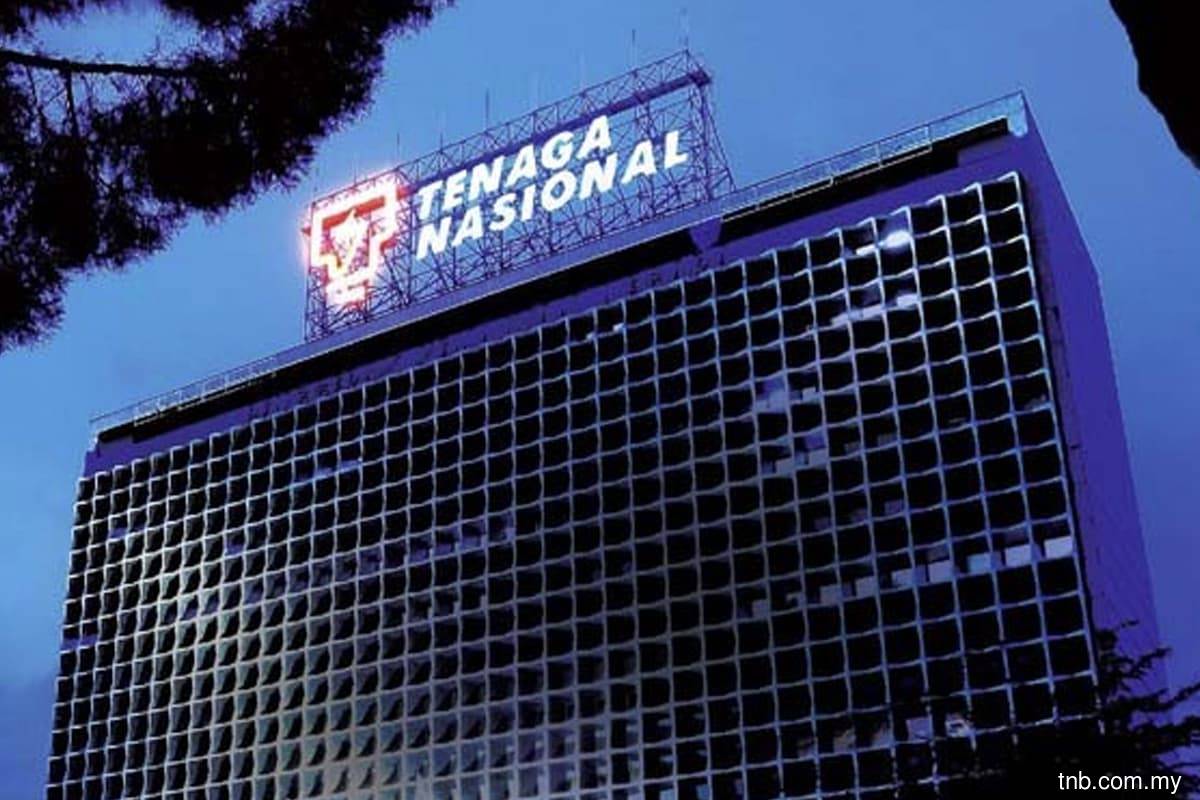TENAGA Nasional Bhd’s (TNB) financial profile will remain steady despite the Malaysian Government’s announcement to keep electricity tariff unchanged for the period July-December 2022 in the face of significant increases in fuel and generation costs.
S&P Global Ratings expects the Malaysian integrated utility company to have adequate liquidity to manage its working capital requirements.
“This is because we expect TNB (BBB+/Stable/–) will receive sufficient subsidies from the Government in a timely manner to cover actual uncontrollable fuel and generation costs,” the top three international rating agency pointed out in a report does not constitute a rating action.
“The timing of the Government’s subsidy payments will be key to TNB’s credit profile because the company is now dependent on these payments to support its stand-alone credit profile of ‘BBB-‘.”
According to S&P, the timing and frequency of these subsidy payments are uncertain because there has been no precedent.
“The Government will allocate subsidies of RM5.8 bil. Of that, RM2.3 bil will be used to cover the cost of maintaining the rebate of 2 sen/kWh for domestic users and RM3.5 bil to cover the cost of maintaining the surcharge of 3.7 sen/kWh to be paid by non-domestic users (vs the full surcharge of 11.81 sen/kWh),” it noted.
“We continue to expect the regulatory environment to remain generally supportive for TNB because the company will still be able to recover the higher-than-expected fuel and generation costs under the regulated imbalance cost pass through (ICPT) mechanism.”
TNB will also be able to fully recover the semi-annual tariff surcharge of 3.7 sen/kWh from non-domestic users while the remaining surcharge of 8.11 sen/kWh will be directly compensated by the Government as announced.
“Although TNB has yet to receive the subsidies, we expect the company to be able to manage its working capital requirements arising from the higher fuel and generation costs,” projected S&P.
“We assess TNB’s liquidity as adequate because the company’s sources of liquidity are likely to exceed uses by at least 1.1 times over the next few months until March 31, 2023. TNB has cash and short-term investments of about RM9 bil as of March 31. We project funds from operations of about RM14.4 bil over the coming months until March 31, 2023.”
These sources of liquidity are sufficient for the company to meet its liquidity needs during that time.
“We estimate TNB will repay debt maturities of about RM8.8 bil, meet working capital requirements of RM2.5 bil-RM3.5 bil, capital expenditure (capex) of RM7.5 bil and pay dividends of about RM2.2 bil,” added S&P.
The company recently raised RM4 bil in sukuk notes with the proceeds to be used for working capital needs and capex. – July 6, 2022










